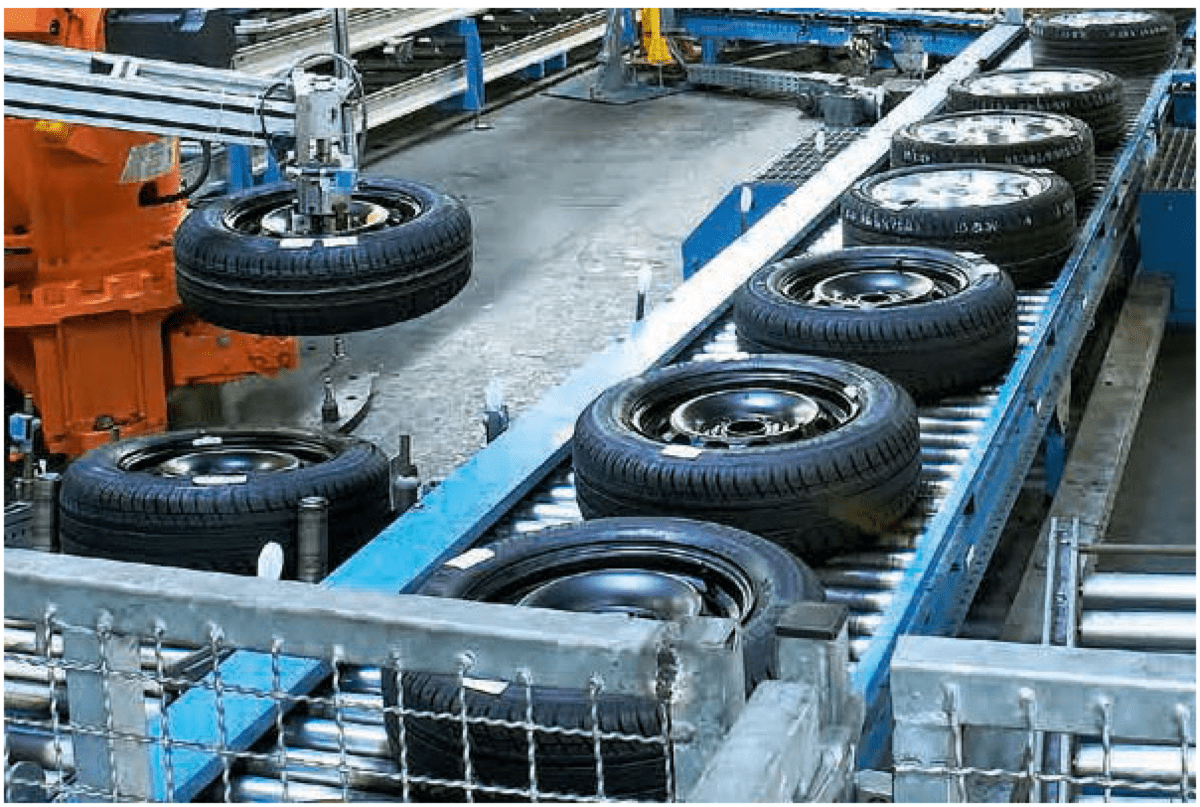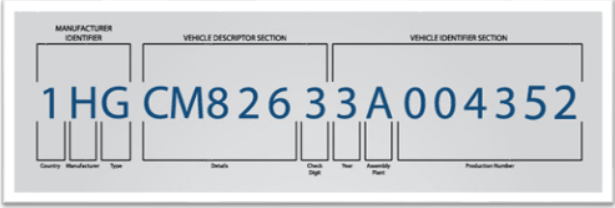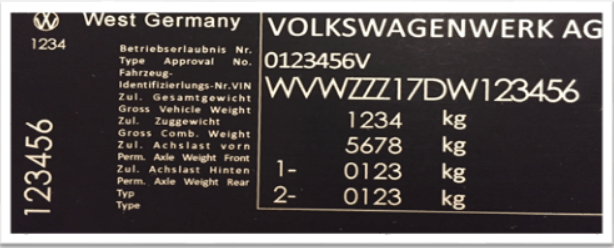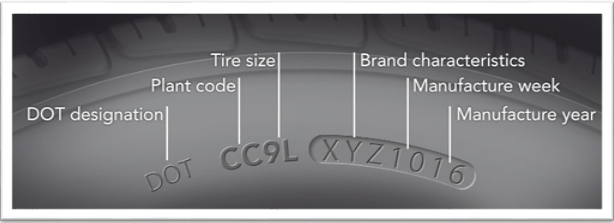How AI is Transforming Data Capture Across Industries
In today’s fast-paced world, businesses are turning to AI for data capture to collect, process, an...
4 Mins read
Posted on Mar 17, 2025
August 30, 2023
3 Mins read






Automation has become a potential solution for manufacturing industries that helps them to enhance workflow processes and simplify procedures.
In the world of manufacturing, precision and efficiency are paramount. However, even large companies face challenges that require innovative solutions. One such challenge faced by a truck manufacturing company was the need to eliminate manual efforts in data extraction from diverse textual components.
Scanflow aims to automate the extraction of critical information from various sources, revolutionizing their manufacturing processes.
The Challenge of Manual Efforts
A leading truck manufacturing company faced challenges in their manufacturing processes and were characterized by manual data entry and verification procedures. These processes, while essential, were time-consuming, error-prone, and resource-intensive. The need to manually extract data from textual components, such as Vehicle Identification Numbers (VIN), VIN Plates, Air Tank Serial Numbers, Suspension Serial Numbers, and Tire Sidewalls, posed a significant challenge. It not only slowed down production but also increased the risk of errors.

A Vision for Automation
Recognizing the need for change, the truck manufacturing company embarked on a journey to harness the power of automation. To automate the identification of key phrases, named entities, and structured data in text, effectively eliminating manual efforts.
The objective of Scanflow was to extract accurate data, including VINs, Tire Identification Numbers (TIN), and Tire Numbers, from diverse textual components. This data was critical for quality checks and production management. The extraction process had to be highly accurate and reliable, ensuring that the data captured was error-free.
The extraction achieved over 97% accuracy in capturing component text was a key objective. This would significantly reduce the need for manual interventions. All captures had to function offline on edge devices, ensuring that the process was resilient to connectivity issues.
Integration for Seamless Operations
Scanflow integration with Manufacturing Execution Systems (MES) and SAP HANA systems extracted data needed to flow seamlessly into these systems to ensure accurate record-keeping and effective production management. MES provided real-time tracking and component history, while SAP HANA handled data analytics and insights for informed decision-making.
Use Cases: Delivering Precision and Quality



A New Era of Excellence
The successful implementation of Scanflow transformed the workflow operations. Manual efforts were drastically reduced, errors were controlled, and the speed of operations improved significantly. With seamless integration into MES and SAP HANA, data became an asset, driving efficiency and quick decision-making.
Through this, the truck company not only enhanced assembly precision but also streamlined quality checks, ensuring top-tier products with unparalleled reliability. By adopting Vision Intelligence and automation, they achieved a new era of manufacturing excellence, setting new standards in the automotive industry.
Leveraging manufacturing industries with innovative technologies like Scanflow will provide a significant competitive advantage. It showcases how automation, precision, and integration can lead to transformative results, positioning the company at the forefront of the automotive manufacturing industry. In recent years, many industries have started to adopt smart automated solutions in their workflows. This will mitigate operational costs and workers can have a productive work environment with errorless and more intelligible processes.
How AI is Transforming Data Capture Across Industries
4 Mins read
Posted on Mar 17, 2025

This privacy policy sets out how Scanflow uses and protects any information that you give Scanflow when you use this website. Scanflow is committed to ensuring that your privacy is protected. We shall ask you to provide certain information by which you can be identified when using this website, then you can be assured that it will only be used in accordance with this privacy statement.
Scanflow may change this policy from time to time by updating this page. You should check this page from time to time to ensure that you are happy with any changes.
What We Collect
We may collect the following information:
Name and job title
Contact information including email address
Demographic information such as postcode, preferences and interests
Other information relevant to customer surveys and/or offers
What we do with the information we gather
We require this information to understand your needs and provide you with a better service, and in particular for the following reasons:
Internal record keeping.
We may use the information to improve our products and services.
We may periodically send promotional emails about new products, special offers or other information which we think you may find interesting using the email address which you have provided.
From time to time, we may also use your information to contact you for market research purposes. We may contact you by email, phone, fax or mail.
We may use the information to customize the website according to your interests.
Security
We are committed to ensuring that your information is secure. In order to prevent unauthorized access or disclosure, we have put in place suitable physical, electronic and managerial procedures to safeguard and secure the information we collect online.
How we use cookies
A cookie is a small file which asks permission to be placed on your computer’s hard drive. Once you agree, the file is added and the cookie helps analyze web traffic or lets you know when you visit a particular site. Cookies allow web applications to respond to you as an individual. The web application can tailor its operations to your needs, likes and dislikes by gathering and remembering information about your preferences.
We use traffic log cookies to identify which pages are being used. This helps us analyze data about webpage traffic and improve our website in order to tailor it to customer needs. We only use this information for statistical analysis purposes and then the data is removed from the system.
Overall, cookies help us provide you with a better website, by enabling us to monitor which pages you find useful and which you do not. A cookie in no way gives us access to your computer or any information about you, other than the data you choose to share with us.
You can choose to accept or decline cookies. Most web browsers automatically accept cookies, but you can usually modify your browser setting to decline cookies if you prefer. This may prevent you from taking full advantage of the website.
Links to other websites
Our website may contain links to other websites of interest. However, once you have used these links to leave our site, you should note that we do not have any control over that other website. Therefore, we cannot be responsible for the protection and privacy of any information which you provide whilst visiting such sites and such sites are not governed by this privacy statement. You should exercise caution and look at the privacy statement applicable to the website in question.
Controlling your personal information
You may choose to restrict the collection or use of your personal information in the following ways:
Whenever you are asked to fill in a form on the website, look for the box that you can click to indicate that you do not want the information to be used by anybody for direct marketing purposes
If you have previously agreed to us using your personal information for direct marketing purposes, you may change your mind at any time by writing to or emailing us at info@scanflow.ai We will not sell, distribute or lease your personal information to third parties unless we have your permission or are required by law to do so. We may use your personal information to send you promotional information about third parties which we think you may find interesting if you tell us that you wish this to happen. If you believe that any information, we are holding out from you is incorrect or incomplete, please write to or email us as soon as possible at the above address. We will promptly correct any information found to be incorrect.
